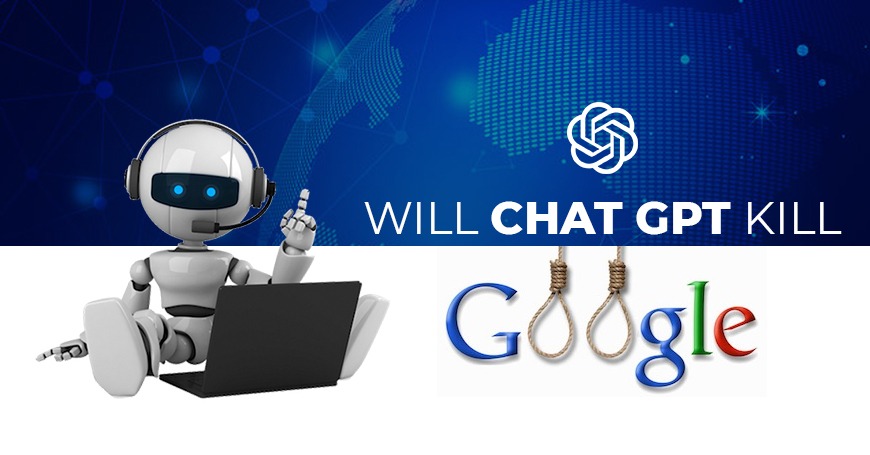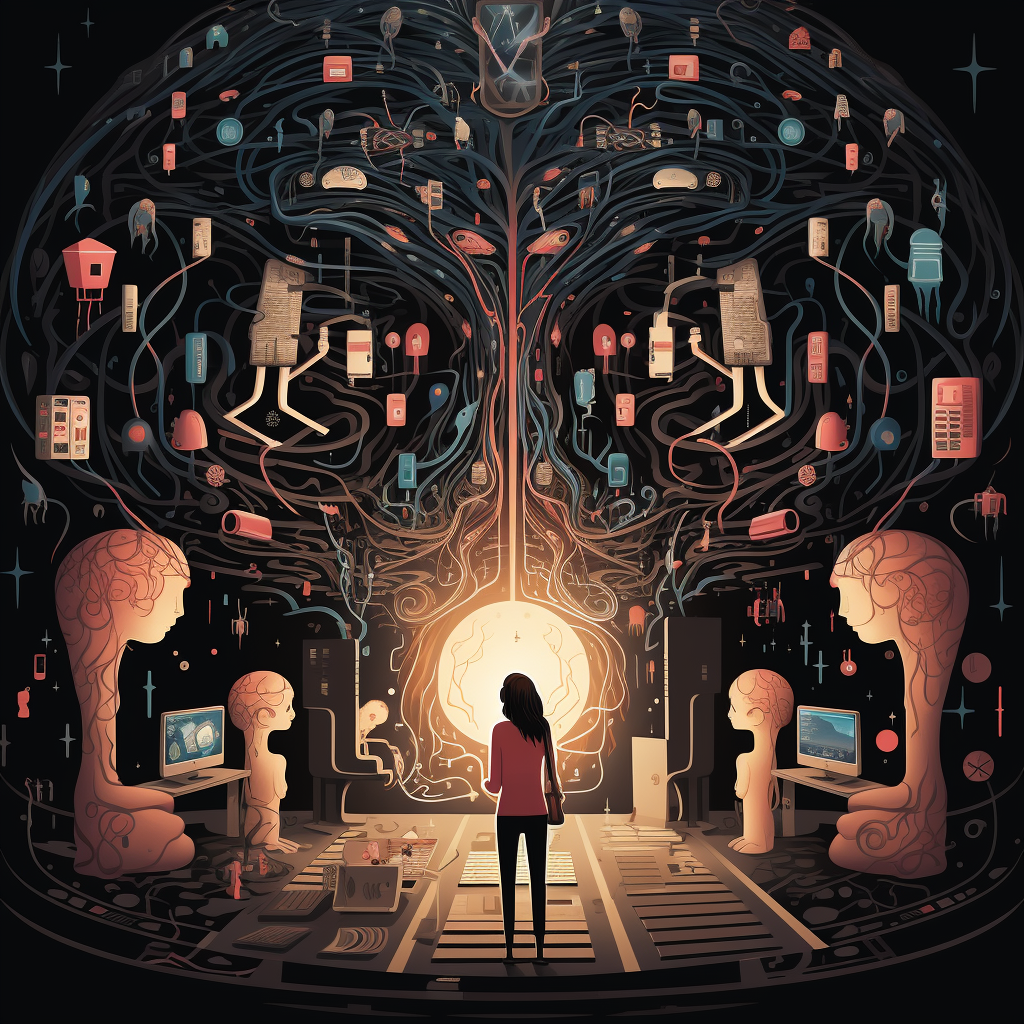
As the world of technology continues to evolve, artificial intelligence (AI) has become a driving force behind many advancements. One area where AI has gained significant attention is in natural language processing (NLP), leading to the development of powerful language models like ChatGPT. However, amidst the excitement surrounding AI’s potential, there are concerns that it could render search engine optimization (SEO) obsolete. In this article, we will explore the impact of ChatGPT and AI on SEO and determine whether it is a genuine threat or merely hype.
Understanding ChatGPT and AI
ChatGPT, developed by OpenAI, is a state-of-the-art language model that can generate human-like text based on prompts provided to it. It utilizes deep learning techniques to understand and generate coherent responses to a wide range of topics. However, it’s important to note that ChatGPT and similar AI models are not specifically designed to replace SEO but rather to assist in various language-related tasks.
ChatGPT’s Role in SEO
- Content Generation: ChatGPT can aid in content creation by generating ideas and assisting with the writing process. It can help content creators produce high-quality, engaging content more efficiently. However, this doesn’t eliminate the need for SEO, as optimizing content for search engines remains crucial for visibility and ranking.
- Keyword Research: AI-powered tools can analyze vast amounts of data, including search trends and user behavior, to provide valuable insights for keyword research. SEO professionals can leverage these tools to identify relevant keywords and optimize their content accordingly.
- User Intent Understanding: AI models like ChatGPT can help understand user intent better, enabling content creators to tailor their material to match users’ needs. By creating content that aligns with user intent, SEO practitioners can enhance their website’s relevance and attract targeted traffic.
- Automation and Efficiency: AI can automate certain SEO tasks, such as analyzing website data, monitoring performance metrics, and generating reports. This allows SEO professionals to focus on strategic initiatives, making the optimization process more efficient and effective.
The Synergy Between AI and SEO
While ChatGPT and AI bring forth advancements in content generation and user understanding, they complement rather than replace SEO practices. Here’s why:
- User Experience: SEO focuses on improving user experience by optimizing website structure, navigation, and load times. Although AI can aid in content creation, SEO remains vital in ensuring that content is discoverable, readable, and relevant to users.
- Technical SEO: Technical aspects like website structure, mobile responsiveness, and crawlability are fundamental to SEO success. AI models do not directly impact these factors, and they rely on SEO expertise to optimize technical aspects.
- Context and Strategy: While ChatGPT can generate text, it lacks the context and strategic thinking that SEO professionals bring to the table. SEO practitioners understand the complexities of search engine algorithms, trends, and industry-specific factors that are crucial for effective optimization.
- Constant Algorithm Updates: Search engines continuously update their algorithms to provide better search results. SEO professionals are essential in adapting strategies to algorithm changes and ensuring that websites remain optimized accordingly.
Summing it all up
The notion that ChatGPT and AI will kill SEO is unfounded hype. Rather than acting as a replacement, AI models like ChatGPT enhance the capabilities of SEO professionals, assisting them in various aspects of their work. SEO remains essential in ensuring website visibility, enhancing user experience, and adapting to algorithm updates.
While AI-powered tools can streamline certain tasks and provide valuable insights, the expertise and strategic thinking of SEO practitioners are irreplaceable. The synergy between AI and SEO allows for a more efficient and effective optimization process, benefiting both content creators and end-users.
As technology continues to evolve, SEO practices and delivery will too.





